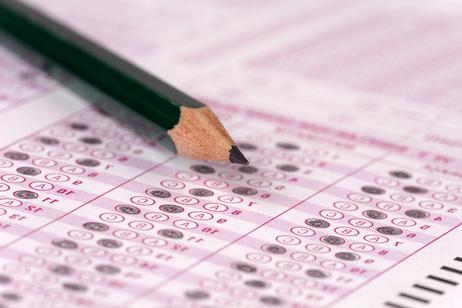Planning for the future growth of your school in these uncertain times is a challenging exercise. The object of this essay is to give you some guidelines to help you and your trusted advisors plan for the next five years. I am writing this for small schools to help you understand the process that large schools with ample resources to hire consultants and strategic planners use to plan their future growth.
Include the following components in your Plan For Future Growth should have
- Develop an overview of what you want to achieve.
- Investigate the competition.
- Examine your organization.
- Develop an implementation plan.
- Develop a marketing strategy.
- Outline the risks your school faces.
- Hold information sessions with members of your school community.
- Track your progress towards your objectives.
Overview
Keep your overview brief yet comprehensive. It should explain the goals of your Plan for Future Growth. For example, if your area is experiencing rapid growth, refer to that as the underlying reason for building your Plan for Future Growth. Then write something like, "Anytown has had an influx of new families at a rate exceeding national averages. As a result, we aim to prepare for the demand for private school seats by adding one class to each grade over the next five years."
Include the important points of your Plan. The overview is a summary, not a detailed list of the things you wish to accomplish.
Investigate your competition.
First of all, know who your competition is. Use Private School Review to search for


















-8okvj5w8m60w0ws40oocok84w-280.jpg)


-4c3194pi4wis8gsg004w0g44w-280.jpg)


